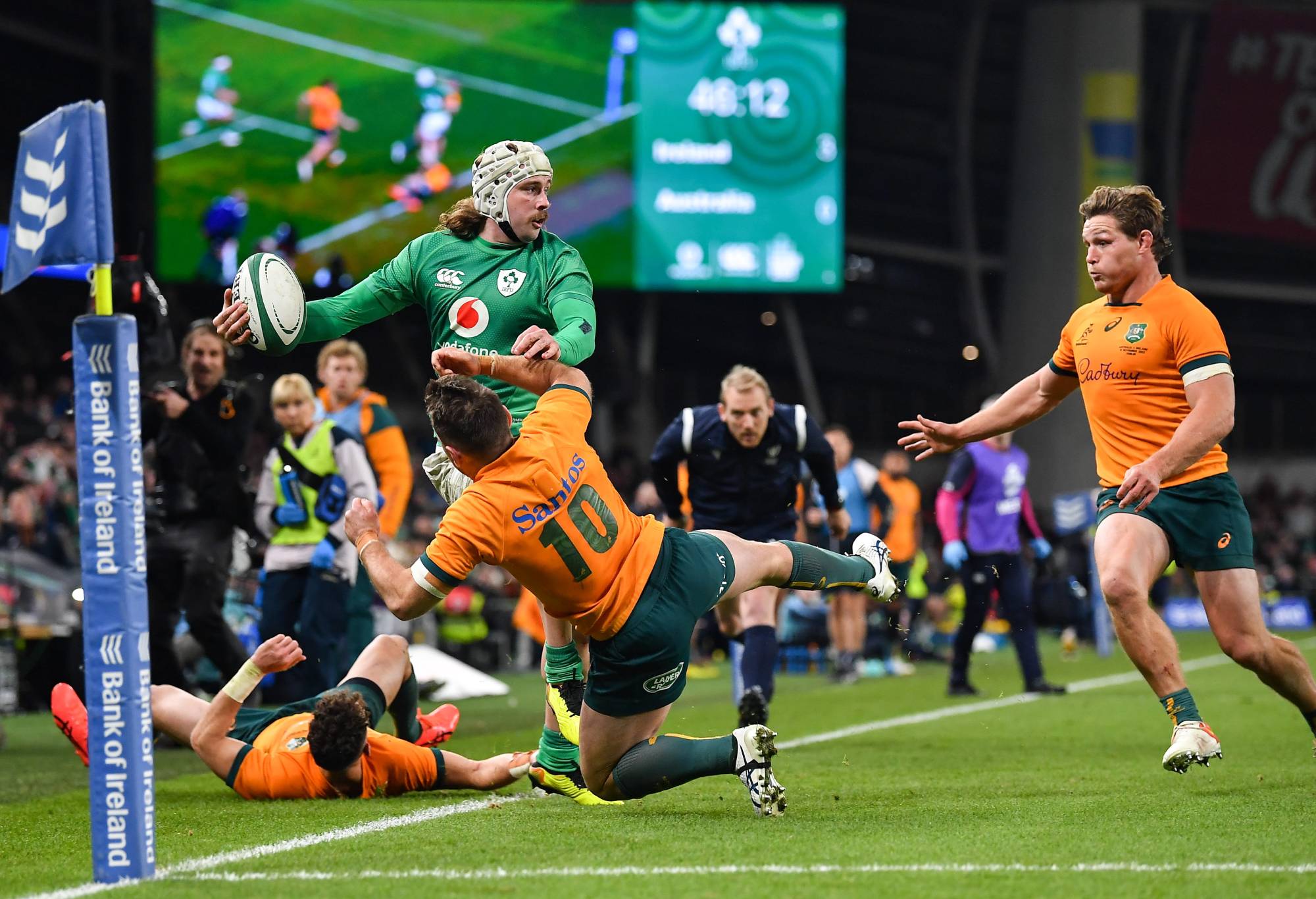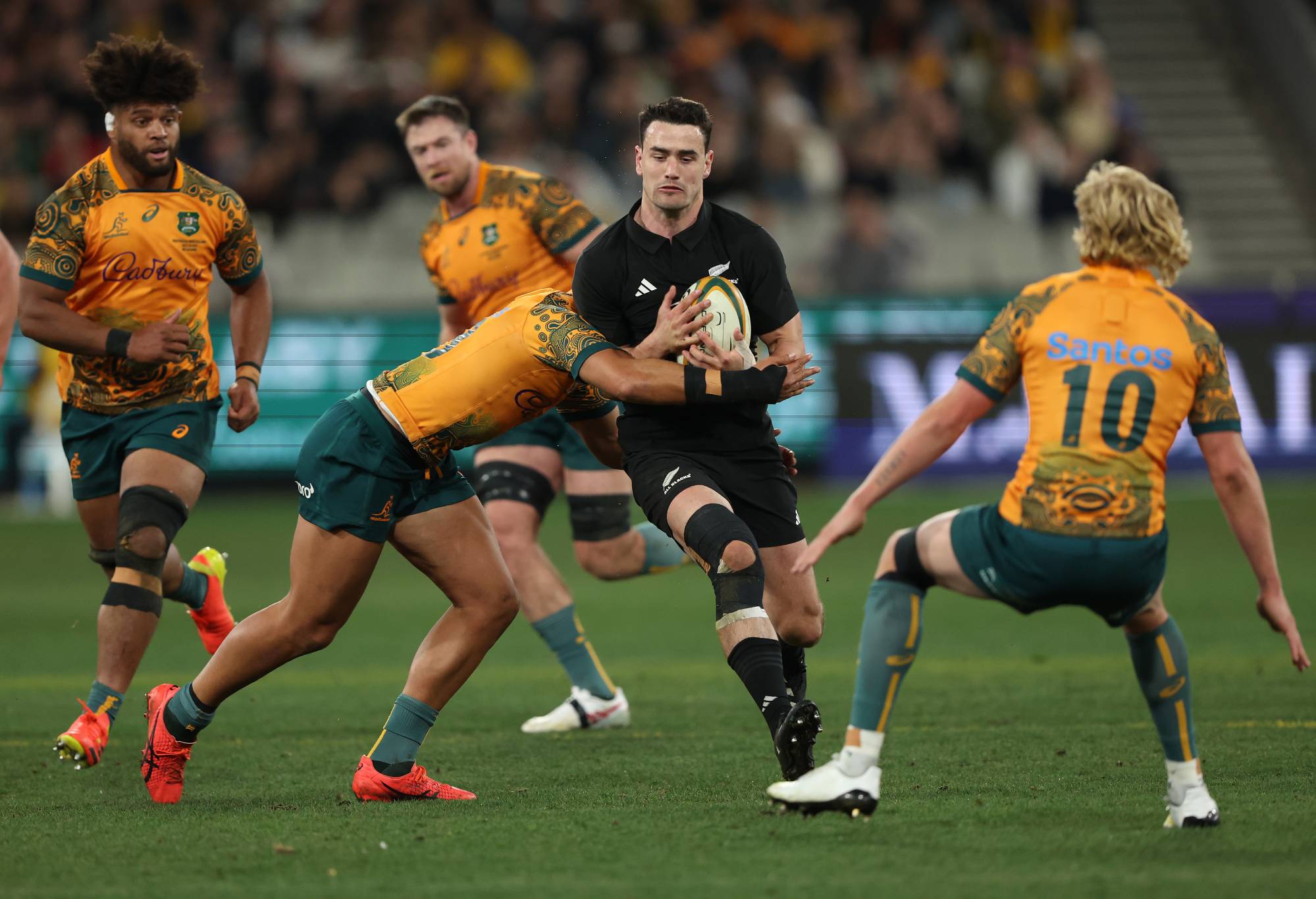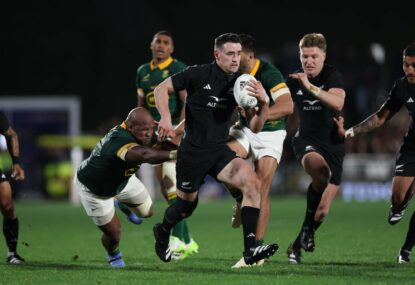Rugby nations can’t truly peak for every World Cup. In any country some generations will be better than others and when those generations reach their peak that’s their best chance.
If you think of a bell shaped normal distribution curve from high school maths, a golden generation will go up the curve as it gains more experience of playing Test rugby and improves cohesion by playing more rugby together. Then as bodies slow down they will go down the curve until a fresh golden generation comes along and a new cycle begins.
In two articles we will see where on the curve each of the major rugby nations is in terms of physical peak and cohesion. That will help us assess who will be likely to perform better than usual at this World Cup.
First we will look at the main teams on the “strong side” of the draw, in order of where they are on the curve. Next time we’ll look at the “weak” side.
But remember – some nations tend to be stronger than others regardless of where they both are on the curve. And all sorts of other factors will have an impact such as coaching, injuries, the draw and how things go on the day. This is just another, often underestimated, angle.
ITALY – WE’VE ONLY JUST BEGUN
After over 20 years of Six Nations cellar dwelling, a golden generation is finally emerging. With the likes of wunderkind fullback Ange Capuozzo only debuting last year we can’t expect too much of them just yet, but look out for them if they get a decent draw in the next two Cups.
Having said that, they have a great cohesion advantage for such a young team, with the golden generation having been brought through by Kieran Crowley at Benetton. Crowley now coaches Italy and with the players and coach knowing each other so well they have already beaten Wales and Australia.
Crowley being forced out after the tournament by the FIR could cost them in the medium term though. Ungrateful – and potentially damaging.
FRANCE – EVEN THE OLDIES AREN’T THAT EXPERIENCED
Experience wins World Cups and, compared to the rest of the Big Four, France is a pauper.
Whereas Ireland, South Africa and New Zealand have 1,300-1,500 caps each, France has just 829. Even the 2019 Springboks had 1,068 and they supposedly won the Cup four years ahead of schedule. The not-quite-ready 2007 All Blacks had 1,004.
Individually, after Gael Fickou with 81 caps, the next highest is 53 and only eight players participated in the last World Cup. Even the seven players in their 30s only average thirty caps. This could cost them when the real heat comes on, although all that success and natural talent make them genuine contenders and the large Toulouse contingent in the likely first fifteen gives them good cohesion.
With only two players aged 31+ this is a team with another World Cup in it. That and a succession of successful age group teams in recent years mean that better chances should lie ahead.
SCOTLAND FINALLY HAS A TEAM
Scotland has its golden generation moving nicely towards their peak in 2023 with nearly all of its top players aged 26-30 and Finn Russell now a mature 30 year old maestro. Of course, this is possibly the least organic crop in the Cup with nearly half the squad born overseas, nine of them having represented another country at some level or another.
With so many relatively recent arrivals in the country they don’t have that many more caps than France (1,014) and they are most unfortunate to be drawn against Ireland and South Africa in pool play. That has to greatly diminish what should have been their big chance to go deep. Their main advantage is cohesion with no less than 28 players from the two Scottish professional clubs.
And it must be remembered that they aren’t the rugby nation they once were – even this best Scottish team for over twenty years hasn’t been close to winning a Six Nations.
IRELAND – THE FOREVER QUARTERFINALISTS COULD TAKE IT ALL
With an average of forty caps each yet most of their best players aged between 27 and 31, it’s hard to imagine a better age and experience profile. Complemented by the wily old foxes Johnny Sexton, Peter O’Mahony & Conor Murray, and the younger Dan Sheehan, Caelan Doris & Mack Hansen, it’s almost the perfect mix.

Mack Hansen of Ireland attempts to keep the ball in play during the Bank of Ireland Nations Series match between Ireland and Australia at the Aviva Stadium in Dublin. (Photo By David Fitzgerald/Sportsfile via Getty Images)
They also have outstanding cohesion having played many Tests together, with a well established gameplan. Eighteen of the 33 play for Leinster and most of the others Munster, with the rest from the other two Irish provinces. All clubs in the same centralised system, which makes sure that their players are not burnt out with too many fixtures.
With everything in their favour this is Ireland’s best ever chance to prove that it has graduated to the ranks of the great rugby nations.
SOUTH AFRICA – POSSIBLY PAST THEIR PEAK BUT STILL SO STRONG TOGETHER
No rugby nation has so successfully kept together a golden generation as this one. Even after provisionally losing Lood De Lager, Handre Pollard and Lukhanyo Am, no less than 16 of the world cup winning 23 are off to France and likely to be in the top team once again. These are men who know how to play together – nine of them since the Meyer era – which gives the world number twos a huge cohesion advantage.
Age wise they are in unchartered territory, with the 25-29 year olds from 2019 now 29-33 and three players even older. An incredible 17 of the likely 23 are in their 30s. Even the previous Dad’s Army winning teams of 2015 and 2003 only had eight each.
Still, is 32-33 really that old? Or will having so few young legs, especially in the forwards, make them tire during the three consecutive weeks of knockouts? Time will tell.
NEW ZEALAND – THE LAST CHANCE FOR RENNIE’S GENERATION
The Rennie/Anscombe golden generation of winning World Under 20s alumni was always in the shadow of the McCaw generation. Even when it helped them win two World Cups. It’s never dominated the All Blacks quite like the Meyer/Coetzee South Africans have dominated the Springboks and now there are only six of its members left.
This is a team a long way past the peak of its generational cycle as it transitions from one golden generation to, hopefully, another. Nine players including the goldens are in their 30s and at the other end of the scale no less than 17 of the squad have less than 30 caps and six are in single figures. It’s also a team in flux, with the front row, centre and outside back combinations all pretty new. The main European contenders Ireland and France have far more players at the “right” age and their cohesion score is better. South Africa’s cohesion score is in the stratosphere.

Will Jordan of the All Blacks is tackled during the The Rugby Championship & Bledisloe Cup match between the Australia Wallabies and the New Zealand All Blacks at Melbourne Cricket Ground on July 29, 2023 in Melbourne, Australia. (Photo by Robert Cianflone/Getty Images)
On the other hand, it has more youthful legs than its great southern rivals. And even a mediocre kiwi generation can boast the likes of Will Jordan, Jordie Barrett, Rieko Ioane, Richie Mo’unga, Ardie Savea, Shannon Frizell and Scott Barrett, all now around the peak of their powers. This isn’t the All Blacks’ best opportunity, but it’s far from Mission Impossible.
VERDICT
So who has the best chance to emerge from the “strong side” of the draw to win the World Cup?
Italy are a smaller rugby nation with a very inexperienced team. Scotland are around their peak but also aren’t one of the big kids and have a terrible draw. New Zealand’s best players are old yet the team lacks cohesion in some areas. France falls well short of the experience levels that have won 21st century World Cups.
Which leaves Ireland and South Africa. The Springboks have incredible forward power, depth and cohesion so must stand a good chance, even though 17 players in their 30s is unchartered territory for World Cup Winners.
Ireland’s golden generation is at its peak with excellent cohesion and world leading coaching. This is a unique opportunity, even if it remains to see whether they have put their history of World Cup failure behind them and graduated to the very top table of rugby nations.
So it’s Ireland or South Africa for me, without either looking dead certs. But what do you think?
































































































